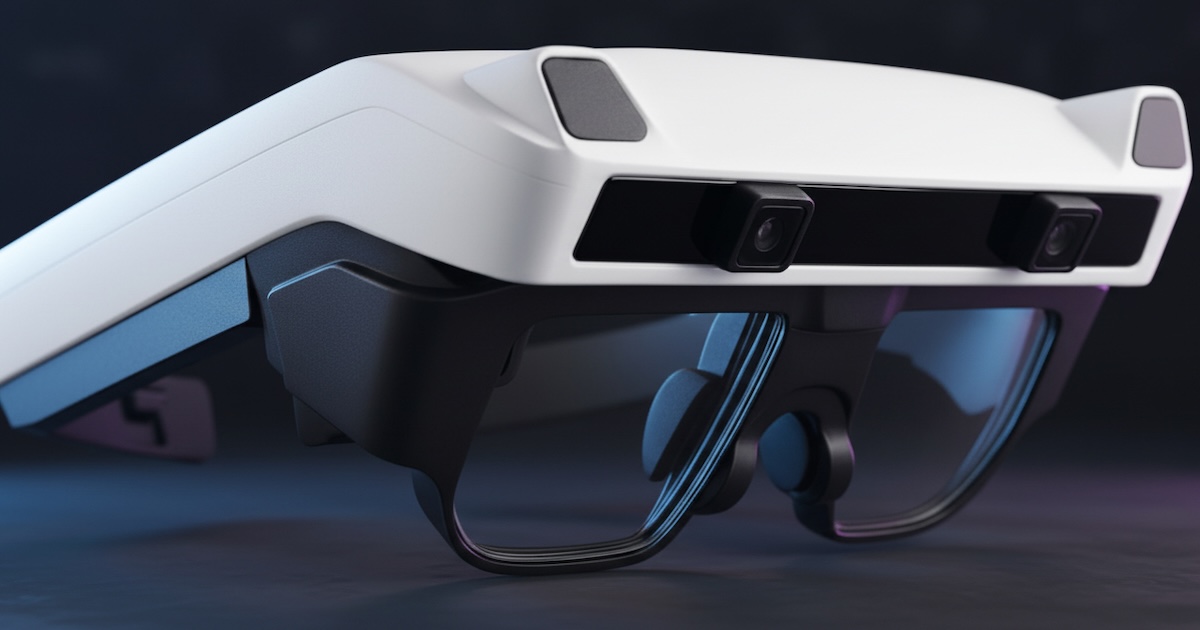Implants – be they hip joints, pacemakers or even surgical staples - are an integral part of many surgical procedures, yet the process of cataloguing and tracking them is considered a nightmare.
With the upcoming launch of a mobile app, one developer of supply chain solutions is hoping to change that, giving clinicians a quick and accurate means of logging and tracking implants the moment they're used.
Aperek (formerly known as MediClick) is currently beta-testing its new Pulse app, which is designed to enable clinicians to catalogue each implant at the point of care – namely, at the time the implant is being used (or discarded). Information such as manufacturer, lot number, serial number and whether the implant was used or discarded can be entered into the electronic record during the procedure, giving health providers an accurate audit trail.
Mark Osborne, the Raleigh, N.C.-based company's vice president of new product development, told mHealth News the app – which ties into Aperek's Ellipse supply chain management platform – that in a hospital environment data capture "is typically a very time-consuming and frustrating task." OR nurses or doctors sit down at a computer station after the procedure is completed to enter all the necessary data, interrupting their workflow and forcing them to remember information from a while back.
To Osborne, the advantages of a mobile app in the OR during an implant procedure are obvious. The information is added immediately and accurately, with built-in voice recognition software repeating it back to the user to verify the data's accuracy. This enables the provider to accurately track all implants, a key factor of new FDA regulations designed to reduce waste and curb hospital-acquired infections.
"Capturing that data in (the OR) environment is critical," he said.
Osborne pointed out that having that information entered into the record would help when there are device recalls, giving the hospital instant and accurate information to help identify and contact anyone with a targeted implant. He said Aperek is also looking into partnerships with analytics companies that would use this information to study implant procedure outcomes.
That the Aperek Pulse app is targeted at clinicians is also a selling point, Osborne said. Most products on the market now for cataloguing and tracking implants are focused on or offered by the device makers themselves, he said. That, in essence, puts the provider at the mercy of the manufacturer in keeping track of – and determining the cost of – each and every implant.
With mobility in healthcare becoming ever more apparent, expect implants – and the means of tracking them – to become more sophisticated as well. Device makers will be designing devices that can wirelessly transmit vital data back to the caregiver – think of a pacemaker that communicates with a cardiologist or an implanted blood-glucose monitor that automatically tests a diabetic's blood sugar and alerts both patient and doctor when those numbers are alarming.
In that frame, companies like Aperek will be needed to make sure the provider, the patient and the device maker are all on the same page.


